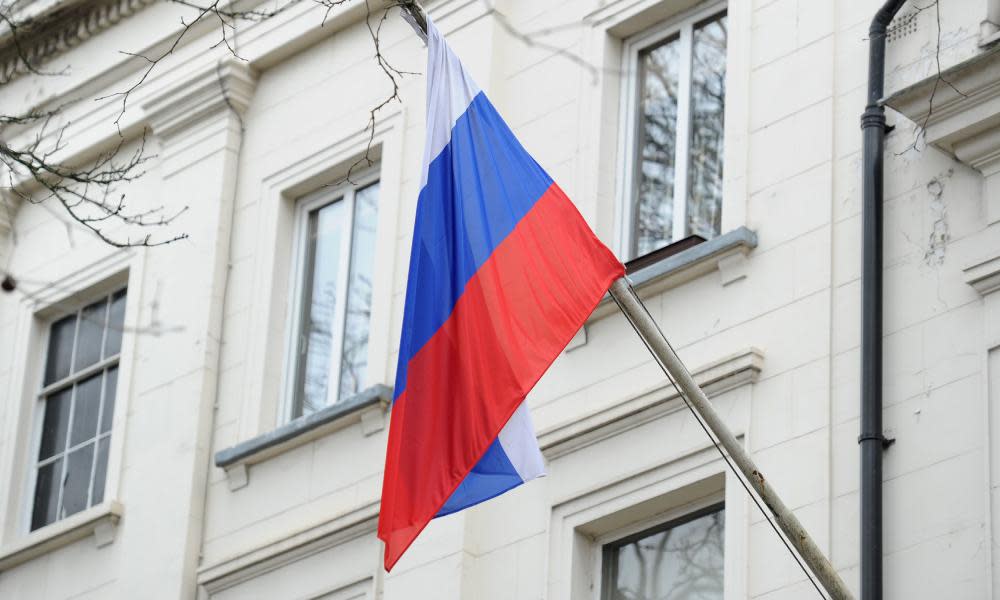Beware the statistics that pop up in more than one story

Statisics can get lodged in media archives, useful and used often, until they become like grit in mortar – an unnoticed ingredient. But every now and then one of these statistics assumes a significance that draws attention to the issue of its accuracy. A recent report by the neoconservative thinktank the Henry Jackson Society attracted some publicity with its claim that “out of an estimated population of 150,000 Russian ex-pats living in London”, up to half were “said to be” informants for Russian intelligence agencies – “potentially, some 75,000 assets”.
I leave to others an analysis of the one-in-every-two estimate. The focus here is the 150,000 figure. The sole source cited in the society’s report for that number was an article from the Observer in April 2014 headed “How the Ukraine crisis is affecting Russians in Moscow-on-Thames”, available in the joint Guardian and Observer online archive.
Was the figure accurate, a reader asked me, because now perhaps it mattered. The latest Office of National Statistics figures, for 2017, estimate 59,000 Russians in the UK by country of birth (22,000 in London) and 35,000 by nationality, of whom 13,000 are said to be in London. A Russia specialist tells me this probably undercounts – for example, a proportion of those commute – but by how much, we may never know.
With help from a Guardian researcher, I was able to remind the author of the 2014 article that in another piece she had written, for the Sunday Express in 2004 about Russians investing in London real estate, the estimate given was also 150,000, “with at least 100,000 in London”. Understandably, at this distance in time, the author could not recall the source of that estimate.
Perhaps the initial source of the 150,000 was the Independent, which in 1999, in discussing a “new breed of Russians” arriving with wealth acquired in the break-up of the Soviet Union, reported that “there are at least 40,000 of them living here; it could be as many as 150,000”. By October 2005, the Independent had “an estimated 300,000 Russians living in Britain”, and the Sunday Express also gave that figure in a 2007 article about “Londongrad calling”. In April this year, BBC Radio 4 said that hundreds of thousands of Russians were thought to live in the UK, “a quarter of a million of them in London”.
Doubtless similar quick reviews could be done about media estimates of other expatriate communities – and many other topics where statistics recur in reporting. But in this time of focus on Russian disinformation, there is not just irony: there is some mind-concentrating value in the example of the “150,000” as a reminder that statistics in online archives can become so familiarly handled they are almost unexamined. Before reusing one, it is worth asking whether it can be freshly or better sourced, or more effectively qualified – particularly when, in the statistic’s new context, reasonable readers are to be asked to rely more heavily on it.
• Paul Chadwick is the Guardian’s readers’ editor

 Yahoo News
Yahoo News 
